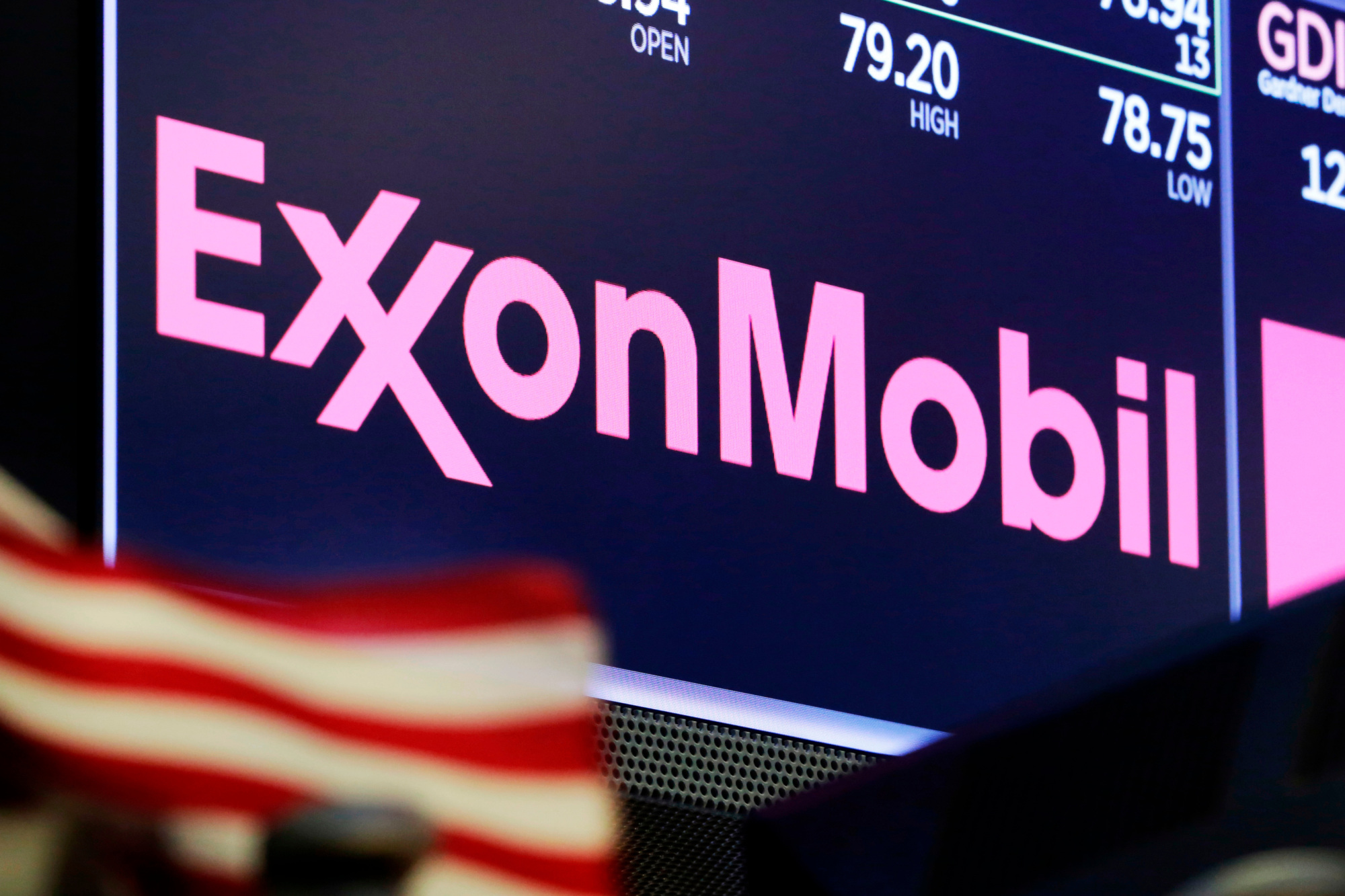U.S. and European companies in polluting industries rarely disclose the financial risks they face related to climate change even though a global task force called on them to do so two years ago, according to Moody's Investors Service.
The analysis of the public filings of 28 building materials, oil and gas, and utility companies comes after the Financial Stability Board's Task Force on Climate-Related Financial Disclosures in 2017 recommended voluntary disclosure by companies of the financial impact of climate change.
The FSB coordinates financial rules for Group of 20 countries.
Though 80 percent of the companies in the Moody's sample said climate change was affecting strategic decisions, just two of the 28 linked their climate projections with an effect on cash flows and balance sheets.
The Moody's report, released Monday, says those companies were a European utility and U.S. oil and gas company, without giving names. Companies the credit ratings service used in its analysis have a combined $877 billion of debt. They included Exxon Mobil, Royal Dutch Shell, Duke Energy and Eletricite de France, among others.
"Although companies have made some progress in the level of disclosure they provide, standardized and consistent quantification of the financial impact from climate risks is still in a nascent stage," Vincent Allilaire, one of the authors of the report, said in a statement.
While climate-related disclosures overall are up, the quality and depth of reporting varies widely, Moody's said.
Many investors have called on companies to provide better information on how climate change could impact their businesses amid concerns that assets are being mispriced because the risk is not being factored in.
Nevertheless, Moody's characterized the widespread adoption of climate-related financial disclosures as "slow and gradual."

















With your current subscription plan you can comment on stories. However, before writing your first comment, please create a display name in the Profile section of your subscriber account page.